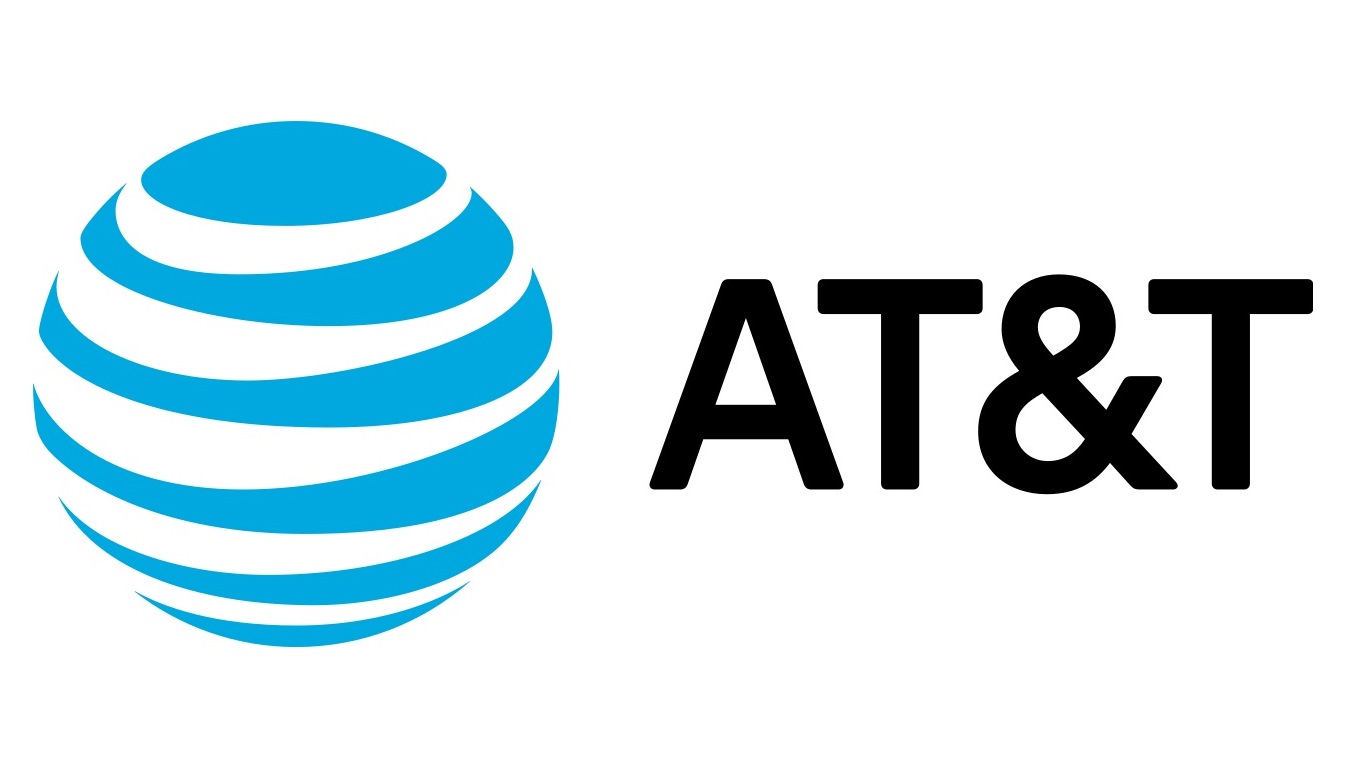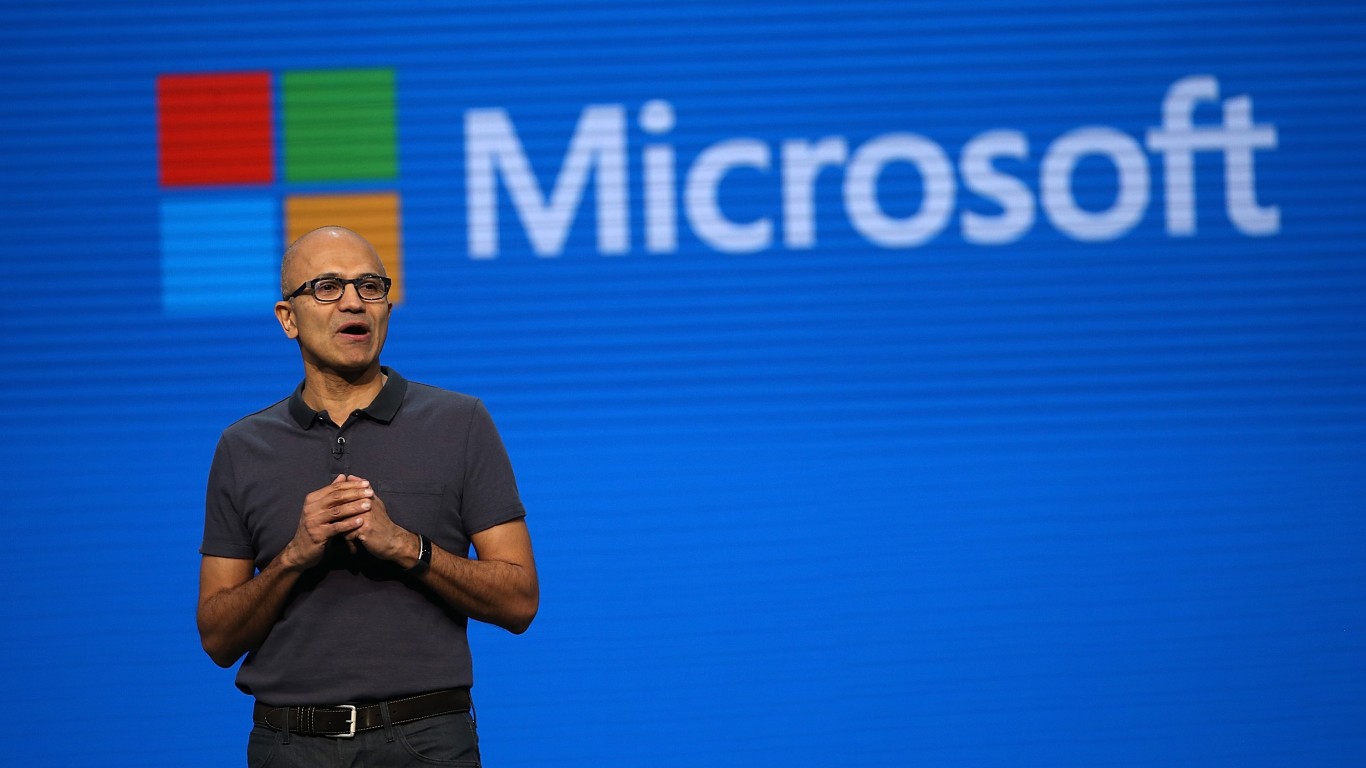
The U.S. Securities and Exchange Commission (SEC) recently came down on AT&T Inc. (NYSE: T) and its investor relations department in particular. The agency did not disclose what monetary penalties it was seeking in the complaint.
Essentially, the SEC charged the telecom giant with repeatedly violating Regulation FD and three of its investor relations executives with aiding and abetting AT&T’s violations by selectively disclosing material nonpublic information to research analysts.
According to the SEC’s complaint, AT&T learned in March 2016 that a steeper-than-expected decline in its first-quarter smartphone sales would cause AT&T’s revenue to fall short of analysts’ estimates for the quarter. The complaint alleges that to avoid falling short of the consensus revenue estimate for the third consecutive quarter, AT&T investor relations executives Christopher Womack, Michael Black and Kent Evans made private, one-on-one phone calls to analysts at roughly 20 separate firms.
On these calls, the aforementioned executives allegedly disclosed AT&T’s internal smartphone sales data and what the impact would be on internal revenue metrics, despite the fact that internal documents specifically informed investor relations personnel that AT&T’s revenue and sales of smartphones were types of information generally considered “material” to AT&T investors. As such, the data was prohibited from selective disclosure under Regulation FD.
The complaint further alleges that as a result of what they were told on these calls, the analysts substantially reduced their revenue forecasts, leading to the overall consensus revenue estimate falling to just below the level that AT&T ultimately reported to the public on April 26, 2016.
Richard R. Best, director of the SEC’s New York regional office, commented:
Regulation FD levels the playing field by requiring that issuers disclosing material information do so broadly to the investing public, not just to select analysts. AT&T’s alleged selective disclosure of material information in private phone calls with analysts is precisely the type of conduct Regulation FD was designed to prevent.
Credit Card Companies Are Doing Something Nuts
Credit card companies are at war. The biggest issuers are handing out free rewards and benefits to win the best customers.
It’s possible to find cards paying unlimited 1.5%, 2%, and even more today. That’s free money for qualified borrowers, and the type of thing that would be crazy to pass up. Those rewards can add up to thousands of dollars every year in free money, and include other benefits as well.
We’ve assembled some of the best credit cards for users today. Don’t miss these offers because they won’t be this good forever.
Flywheel Publishing has partnered with CardRatings for our coverage of credit card products. Flywheel Publishing and CardRatings may receive a commission from card issuers.
Thank you for reading! Have some feedback for us?
Contact the 24/7 Wall St. editorial team.
 24/7 Wall St.
24/7 Wall St.


